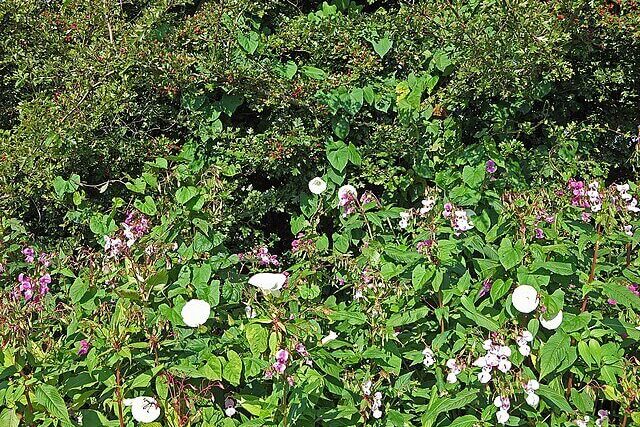
According to research, plant biodiversity has declined significantly in recent decades, and will continue to do so unless action is taken.
The decline in plant diversity in recent decades is a pressing concern for our planet. With 22% of insect-pollinated plants having gone extinct between 1930 and 2017, largely due to climate change and intensive agriculture, it is crucial to take action to reverse this trend. Kaixuan Pan, a Ph.D. candidate, offers insights into how we can increase plant diversity once again.
Pan’s research indicates that without intervention, plant extinctions will continue in the coming years. However, there is room for optimism.
“It’s definitely extremely alarming information but at least we know now and can take action.”
“There are a number of options [to increase plant diversity], ranging from the big to the small,” says Pan. “For example, the government should focus not only on protected areas but also on unprotected ones, where threatened plant species also grow. If we have a better idea of where these species live, we will be able to protect them in a much more efficient and targeted way.”
Pan’s findings reveal that plants thrive when they have access to a mix of habitats rather than being confined to a single habitat. This knowledge underscores the importance of preserving and creating diverse habitats to support plant populations.
“A combination of woods, heathland and grass is better for plant diversity than just woods,” says Pan. Another misconception, he adds, is that nature reserves have the most plant diversity. “The green spaces in urban areas, like people’s gardens, actually contain a wealth of different plant species, particularly the ‘common’ plant species. So we should continue to encourage people to make their gardens as diverse as possible.”
Efforts are also being made to raise public awareness about plant diversity, such as the National Bee Count organised by the Naturalis Biodiversity Center. Since 80% of the most important plants rely on insects for reproduction, the National Bee Count encourages people to count bees in their own gardens. The data collected is used to map the distribution of different species, enabling better conservation efforts.
“It’s important to involve everyone because this problem will ultimately affect us all,” says Pan. “We therefore kill two birds with one stone: generating public awareness and collecting data on insects.”
Actions taken to increase plant diversity can vary in scale. Encouragingly, significant strides are already being made. For example, the European Union now mandates that businesses with over 500 employees disclose their impact on biodiversity. This requirement recognises their responsibility to protect biodiversity and represents a step toward ensuring sustainable practices.
The preservation and restoration of plant diversity are vital for our planet’s health. Plants not only provide us with essential foods and materials but also play critical roles in various ecosystems. By implementing measures to protect and enhance plant diversity, we can safeguard the resilience and functionality of our natural environment for future generations.
“This is a significant step. Hopefully everyone will do their bit for biodiversity and therefore for our future.”
——————————————————————————
At Natural World Fund, we are passionate about stopping the decline in our wildlife.
The declines in our wildlife is shocking and frightening. Without much more support, many of the animals we know and love will continue in their declines towards extinction.
When you help to restore a patch of degraded land through rewilding to forests, meadows, or wetlands, you have a massive impact on the biodiversity at a local level. You give animals a home and food that they otherwise would not have had, and it has a positive snowball effect for the food chain.
We are convinced that this is much better for the UK than growing lots of fast-growing coniferous trees, solely to remove carbon, that don’t actually help our animals to thrive.
This is why we stand for restoring nature in the UK through responsible rewilding. For us, it is the right thing to do. Let’s do what’s right for nature!
Support our work today at https://naturalworldfund.com/ and join in the solution!

